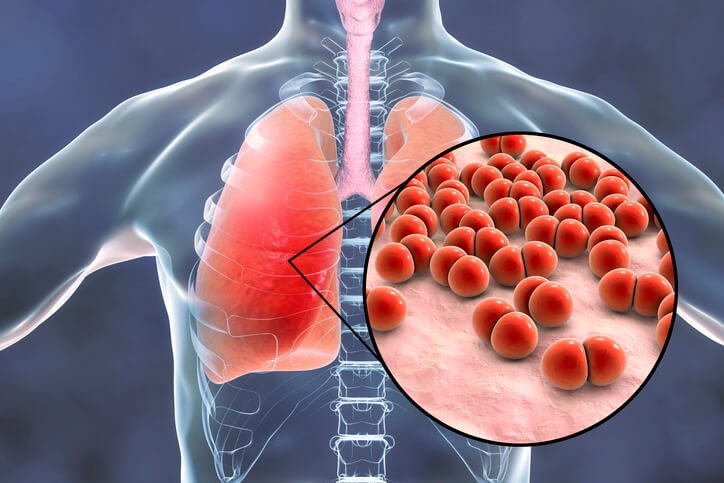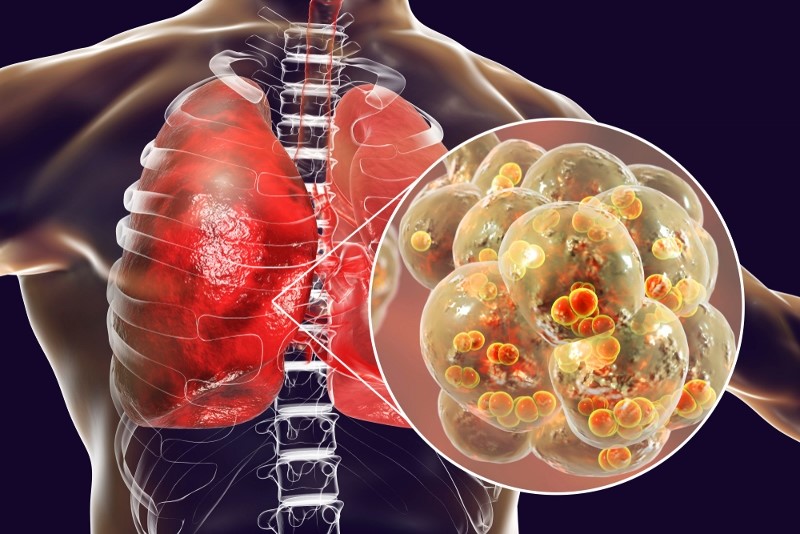
How are pneumococcal infections contracted and treated?
Pneumococcal infections are contracted by air through contact with respiratory secretions, or people’s saliva, present in the air or with healthy carriers of this bacterium, which can nestle in the back of the nose or in the throat
Those most at risk of infection are children under 2 years of age and those who live in contact with other children or who suffer from certain health problems (sickle cell anaemia, HIV infection, chronic heart or lung disease, cerebrospinal fluid leakage) or are carriers of cochlear implants.
Among adults, on the other hand, the over-65 population and those who suffer from chronic diseases or diseases that weaken the immune system, smokers, cochlear implant recipients and those with cerebrospinal fluid leakage are most at risk.
Symptoms and diseases associated with pneumococcal infections
The most common infections caused by streptococcus (and associated symptoms) include:
- ear infections, especially otitis media (ear pain, reddening and swelling of the eardrum, fever, drowsiness)
- sinus infections (fever, weakness, fatigue, cough, congestion)
- pneumonia (fever, chills, rapid or difficult breathing, chest pain)
- bacteremia and sepsis (fever, chills, poor alertness)
- meningitis (neck stiffness, fever, headache, sensitivity to bright light, confusion)
What are pneumococcal infections?
The pneumococcus is a type of streptococcus.
It is therefore a bacterium, Streptococcus pneumoniae; there are more than 90 different strains, many of which cause disease, but only a few are responsible for invasive pneumococcal infections.
Care and treatment
The drug of choice for the treatment of pneumococcal infections is penicillin.
However, resistance, both to penicillin and to other antibiotics, is on the rise.
Therefore, other antimicrobials may also be prescribed.
Infections can be effectively prevented by the vaccine.
Its administration to children before the age of 2 years reduces the incidence of serious infections caused by the strains included in the vaccine by almost 80%, the incidence of all serious pneumococcal infections by 50%, and the incidence of infections in the unvaccinated young adult population by 40%.
Disclaimer
The information provided represents general information and in no way replaces medical advice.
If you feel unwell, you should contact your doctor or go to the emergency room.
Read Also:
Emergency Live Even More…Live: Download The New Free App Of Your Newspaper For IOS And Android
Vancomycin-Sensitive Staphylococcus Infections: Symptoms And Treatment
Methicillin-Resistant Staphylococcus Infections: Symptoms, Diagnosis And Treatment
What Is The Meningococcal Vaccine, How Does It Work And What Side Effects Does It Have?
Pneumococcal Vaccine: What It Is And How It Works




